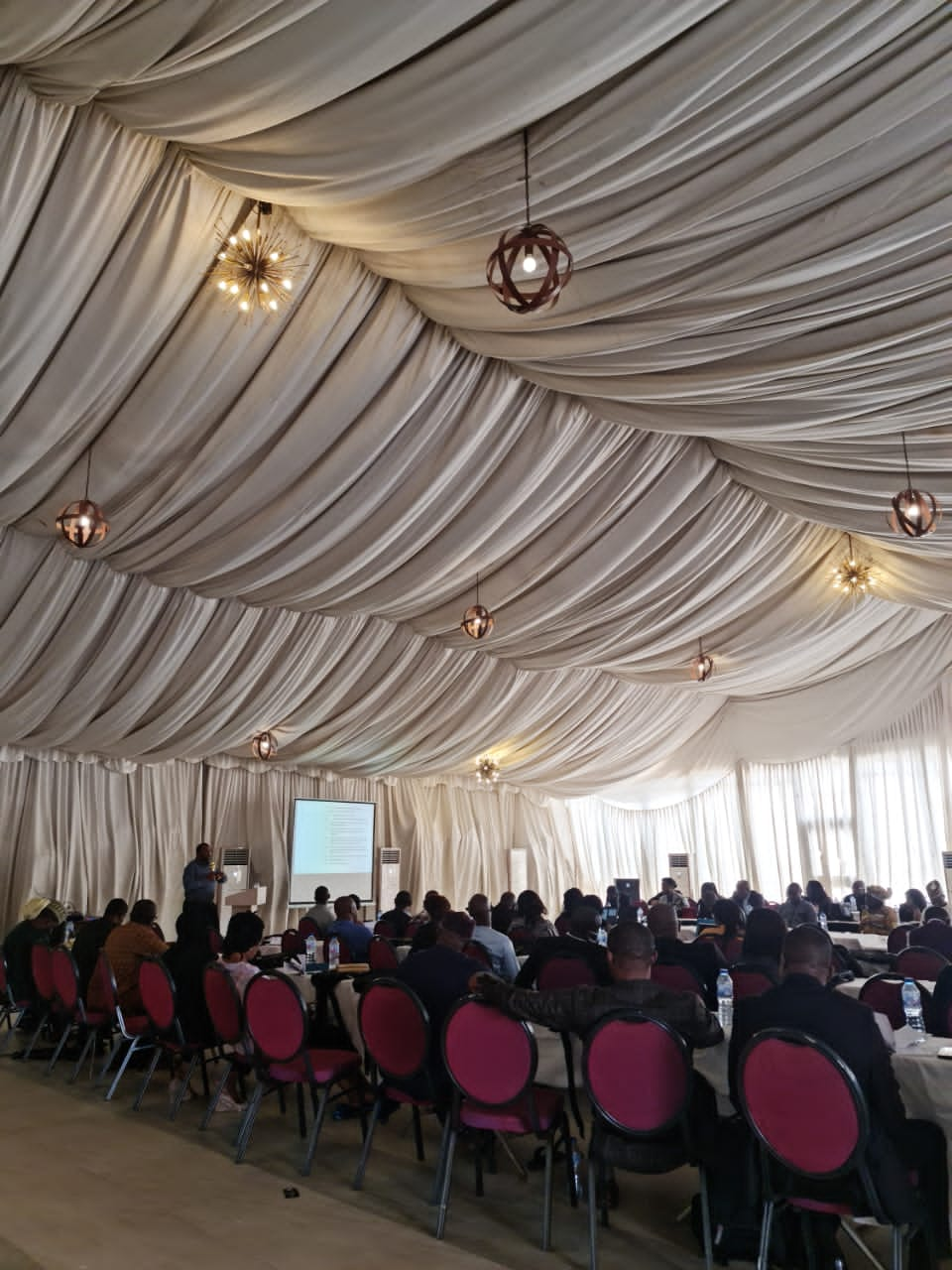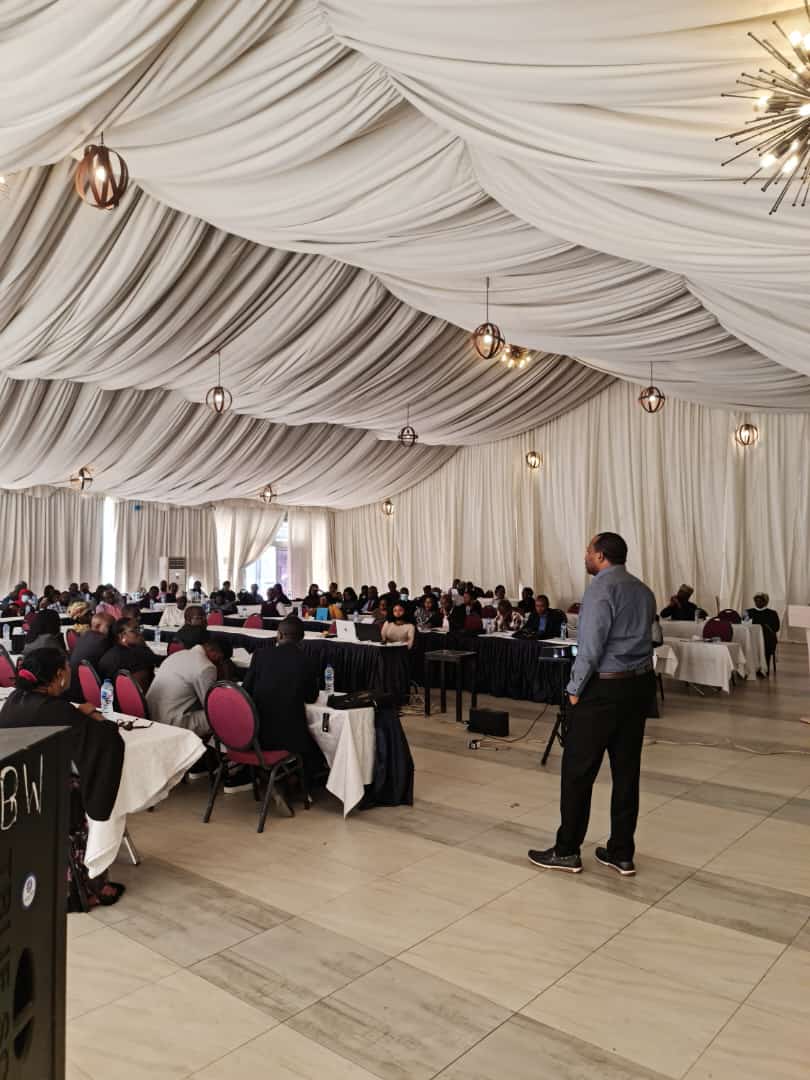In line with its anticorruption advocacy, the Executive Director of the Centre for Fiscal transparency & Integrity Watch (CeFTIW), Umar Yakubu has provided training on anti-money laundering and terrorism financing.
The event organized by the Chartered Institute of Bankers of Nigeria was to equip staff of financial institutions, regulatory agencies and law enforcement agencies with skillsets for identifying and curbing Money Laundering and Financing of Terrorism (ML/FT) risks in the financial sector, and saw participants from the Central Bank of Nigeria (CBN), the Independent Corrupt Practices Commission (ICPC), Deposit Money Banks and Legal Practitioners.
In one of his presentations titled: “Understanding Suspicious Transaction Report”, Yakubu emphasized the need for participants to understand relevant legal frameworks that regulate ML/FT. He cited Section 6 of the Money Laundering (Prohibition) Act 2011 (as amended), Section 14- Terrorism Prevention Act 2013 (as amended), and the Federal Ministry of Industry Trade and Investment Regulations for DNFI, 2013, as relevant sections of laws for regulating and mitigating ML/FT risks.

He urged participants to pay more attention and comply with measures such as “Know Your Customer (KYC), Customer Due Diligence (CDD), and Enhanced Due Diligence (EDD),” saying that these measures are vital in detecting ML/FT cues.
Also presenting on “Indicators and Red Flags to Suspicious Transactions and Activities,” Yakubu demonstrated how proceeds of crime are laundered and layered into the financial systems legitimately, as participants also shared personal experiences.
While calling on the CBN to improve its oversight functions to ensure strict compliance with measures, stakeholders are enjoined to explore new techniques for combating ML/FT, as launderers have also devised measures to outsmart the system, including the use of the Hawala method, friends and family, law firms, investment in properties, Non-Government Organizations, POS ventures, cryptocurrencies, capital market, among others.
The workshop also observed that there is a weak operational relationship between the CBN, other regulatory agencies, and the financial institutions, which has continued to stifle the progress of the ML/FT regulations, and called for inter-agency collaboration and synergy to harmonize the fight against ML/FT.

